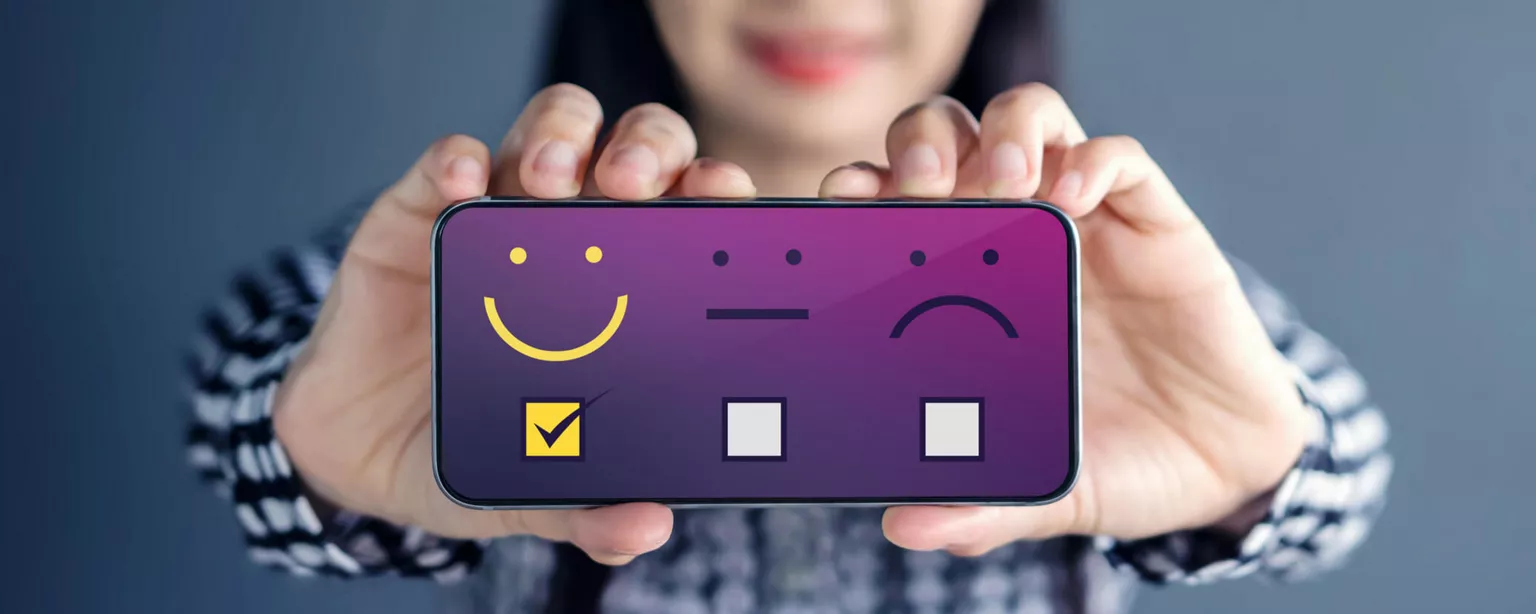Managing the customer experience, or “CX,” has become a specialized role. Businesses today have the power to attract millions of customers around the globe and communicate with them in multiple ways. Most of these interactions are now digital — and making sure every touchpoint is optimized throughout the customer’s journey is critical.
A highly skilled and intuitive customer experience specialist can help your business foster trust and satisfaction among your customer base, driving engagement and loyalty. Finding the right person for this role can be tricky, but the following information can help you in your search. It’s a rundown of what you need to know to hire a top professional for this position.
Think beyond customer service
Customer experience is more than customer service. While CX roles may involve customer service tasks, they also incorporate marketing and analysis activities. Customer experience specialists provide insights that can help companies improve their overall CX to retain customers and increase business revenue.
Some of the typical responsibilities of a customer experience specialist are outlined below. You may want to include some of this detail in the job description you create for this role:
- Developing a thorough understanding of the company’s products or services
- Serving as the primary point of contact for customers and managing correspondence via phone, email, social media and other channels
- Responding to customer inquiries and solving issues in a timely fashion
- Tracking and analyzing customer feedback and engagement data to identify areas for improvement
- Creating and managing customer loyalty programs and customer satisfaction surveys
- Analyzing customer service metrics to identify pain points and develop solutions
- Training customer service representatives on customer service best practices
- Using customer relationship management (CRM) software to manage customer accounts and interactions
- Deploying and analyzing customer experience reports, such as Net Promoter Score (the likelihood a customer would recommend a product or service) and Customer Effort Score (how easy or difficult it is for customers to use a product or access a service)
- Using in-depth knowledge of an organization’s existing customer base to help other departments develop new products, marketing plans and engagement strategies
Also, depending on the role, you may want to look for a candidate who has at least two years of experience working in CX, or who previously worked in customer support but whose job included customer experience responsibilities. Many employers also seek candidates with a bachelor’s degree in marketing, communications, advertising or a related field.
Need to hire customer service specialists, too? See our tips.
Technical skills to look for in top candidates
Most customer experience specialists should have a background of at least two years in customer service. Depending on your company’s needs, you may even prefer a history of employment in a specific division, such as business development, client acquisition or product training.
Top CX specialists should also have a proven record of excellence in data tracking and analysis, meaning they’ll need some technological know-how. That may include proficiency in Microsoft Office Suite, CRM platforms, project management software, data analysis methods like customer segmentation, customer journey mapping, A/B testing, and customer lifetime value (CLV) analysis.
Some CX specialists have a working knowledge of Adobe Creative Suite, HTML/CSS and other software tools relevant to their specific role.
Nontechnical abilities matter for the CX role — a lot
While candidates for the CX role should stay abreast of technological evolutions in their field, soft skills are also incredibly important for this position.
For example, someone with high emotional intelligence will often have deep insights into how customers feel during various interactions with a company, online and in person. This knowledge can help a CX specialist shape those touchpoints into good brand experiences.
Here are some common nontechnical skills CX candidates need for success:
- Empathy — Can they put themselves in the customer’s shoes and see things from their perspective?
- Problem-solving prowess — Do they possess the ability to understand customer issues and develop solutions accordingly? Can they then apply what they’ve learned to future process updates or innovations?
- Strong verbal and written communication skills — Can candidates clearly relay information to customers? Can they also communicate effectively with colleagues in other departments like marketing or on the web development team?
- Collaborative capabilities — Can the CX professional work cohesively with other team members and departments for the good of your customers?
- Adaptability — Is the candidate likely to embrace change as company processes, strategies and technologies evolve?
Tips for interviewing customer experience specialists
To make the most of your interviews with potential hires, over video or in person, it’s important to ask questions that allow you to dig deeper.
Use the interview to home in on details about the candidate’s areas of expertise. What types of CX-related software have they used for tracking and analyzing customer data, for example? It’s also worth asking about their understanding of your organization’s products or services. Do they have enough industry knowledge to help solve customer problems?
Also, probe into specific examples of how they improved the customer experience at their previous companies. What strategies have they used to boost satisfaction levels? Have they collaborated with other teams to create a more positive customer life cycle? Have they seen their work have a tangible impact on the bottom line?
Finally, pay close attention to the questions candidates ask you. A great CX specialist is endlessly curious about what makes people tick, from the customer at their last firm who kept buying and returning the same product to the hiring manager interviewing them for a job opportunity. A candidate brimming with smart questions about your successes, challenges and plans deserves to be considered a top contender for the role.
Looking for more ideas for interview questions to ask job candidates? Try these 15.
Get help with hiring CX professionals
Whatever type of customer experience specialist you need to hire for your team — contract or full-time, remote or on-site — Robert Half’s recruiters can help you connect with candidates fast. With access to a vast pool of highly skilled professionals, we make it easy to hire CX professionals who can help take your business — and your customer experience — to the next level.







